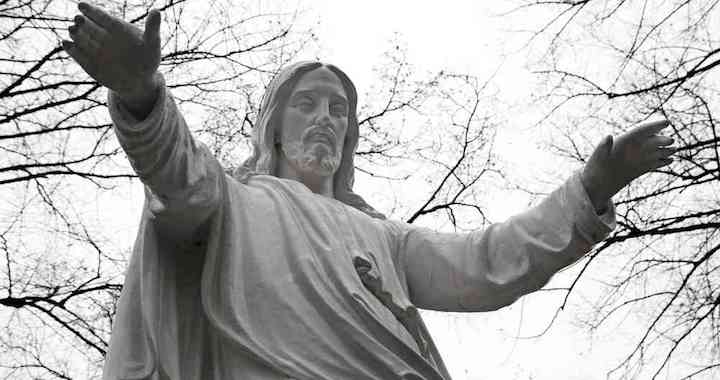When I was a kid, my family was part of what I would consider a fairly traditional Quaker church. We attended for a couple of hours every Sunday morning. On a typical Sunday, there would be about 200 of us in thesanctuary (that was our word for the room where we held worship). We participated in aservice (that is what we called the morning’s liturgy), which consisted of prayers, hymns, instrumental music, a sermon, and – most crucially – a period of silent waiting worship during which time the Lord could speak through anybody.
If you had asked seven-year-old Micah, What is the church? I might have replied something like, The church is the place we go on Sunday mornings to worship God. If I had done a good job of learning my Sunday school lessons, I might have also said, The church is the people who gather on Sunday mornings to worship God. (The church as people, not buildings, is very important to Friends.)
Still, even if I had learned to distinguish between the church and the building, it hardly broke the connection between church and Sunday morning gathering. I could hardly have imagined what the church would be like if we were not able to gather together in large numbers. What would we be without our liturgy of song and silence; our Sunday school; our potlucks in the fellowship hall? Church without Sunday morning was unthinkable.
Related: Is it Sinful for Christians to Attend Church?
In recent years, I have been helping to develop a new Quaker community in Washington, DC. When we first started, I conceived of it basically in the same terms as my childhood faith community. For me, the church was the gathering of people – if not on Sunday morning, at least at a set, regular time. It was the gathering that was crucial, for it was here that worship happened. It was here that we were most likely to meet Jesus Christ together, alive and present in our midst.
Over the past several years, however, I have been exposed to a different way of thinking about the church altogether. The Quaker community taught me to think in terms of a people to be gathered by the risen Jesus, but my experience has consistently been one not of being gathered, but of being scattered, sent out into the world to make disciples to Jesus.
There is great contrast between these two visions. One calls for inviting, the other for going. One sees the church as a beacon, the other as a searchlight. One calls us to grow larger, the other to be broken down smaller. One is in the Temple, the other is from house to house.
Both of these visions are valid. We need the gathered community, and we need the scattered fellowships of sent ones who make disciples. We need large and small, intimacy and friendship, challenge and consolation. We need the kind of traditional congregations that I grew up in, the whole body together. But we also need scrappy little fellowships meeting from house to house and making disciples one by one.
Also by Micah: Do We Really Want Community?
In our mission to DC, we have no large congregation; no big worship or building. We just meet from house to house, reaching out in our personal networks and embracing the invitation to become more fully friends of Jesus. Is this enough? Is it possible to live into our mission as a community of disciples in the absence of a larger gathering of believers? Or is the Holy Spirit calling us to help gather this larger congregation that we presently lack?
What is your experience? Are you part of a traditional, Sunday-morning style congregation? Whether your attendance is 30 or 3, 000, what are the benefits of being part of a larger local community? Are there disadvantages? What do you see as the right relationship between Sunday morning and the work week, the sanctuary and the street? How can we embrace Jesus’ invitation to go into all the world and make disciples, even as we gather together as congregations?

